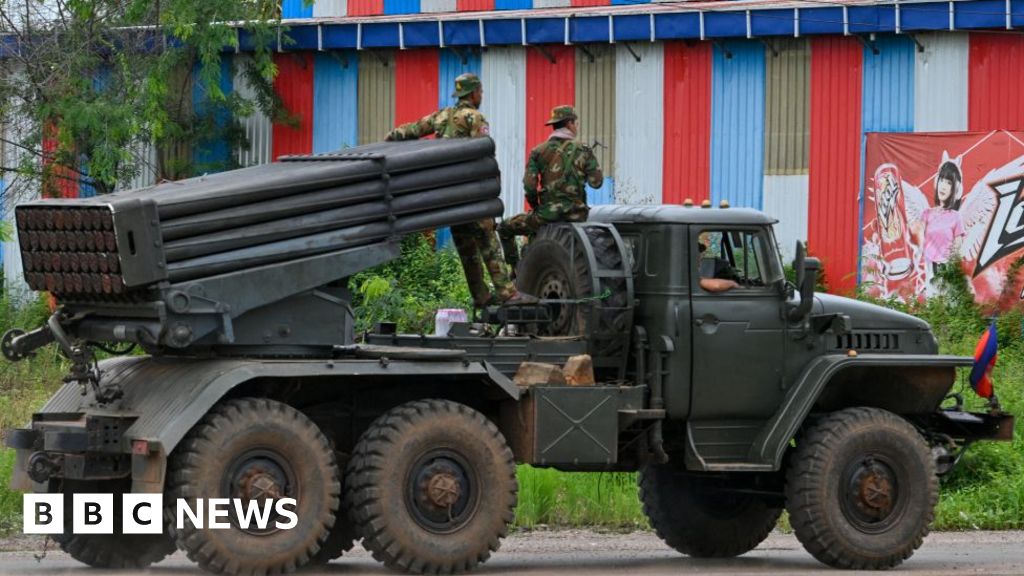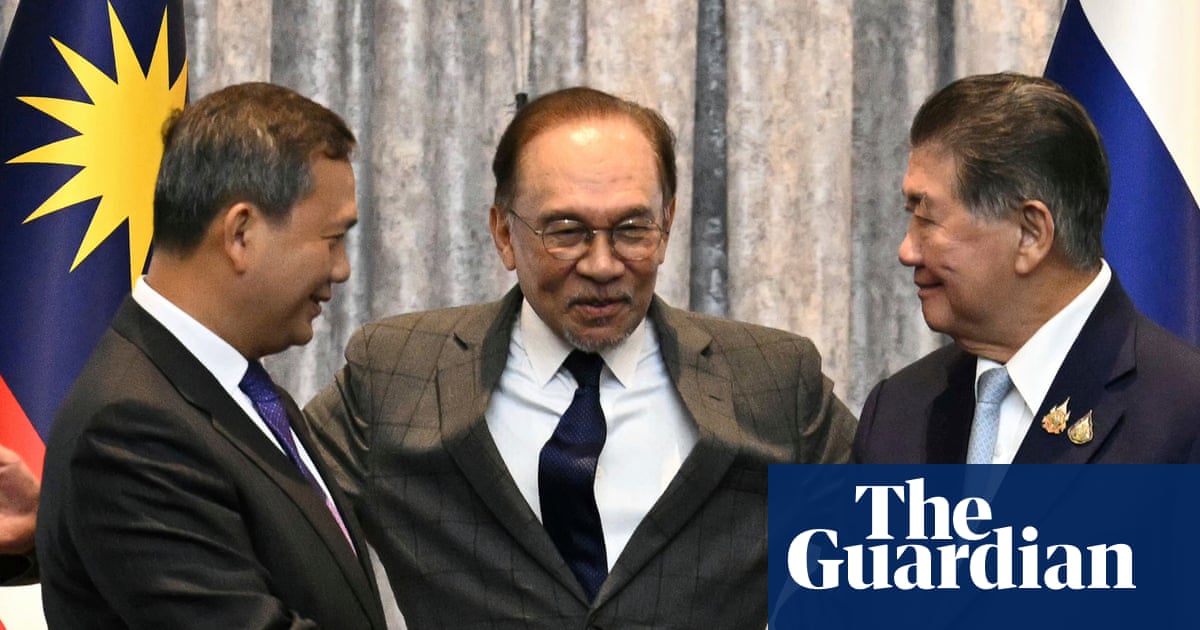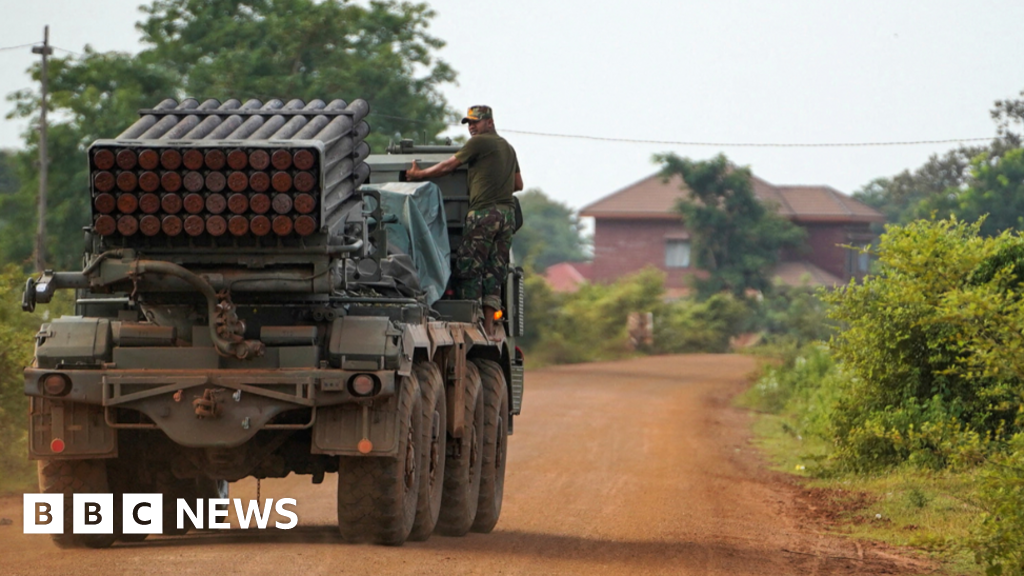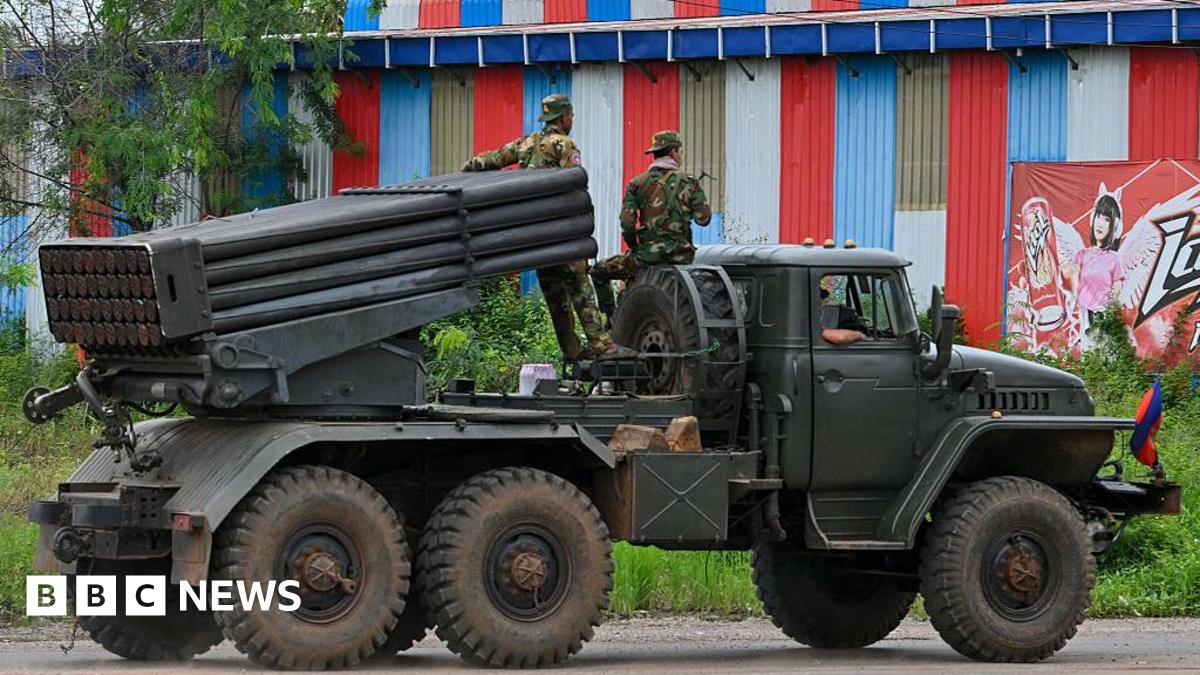T4K3.news
Thailand and Cambodia agree to ceasefire
The ceasefire follows intense border conflict, resulting in numerous casualties and displacements.

The agreement comes after a surge in violence claimed numerous lives and forced mass displacements.
Thailand and Cambodia reach ceasefire after deadly border conflict
Thailand and Cambodia have reached an immediate and unconditional ceasefire after five days of intense fighting along their shared border, which resulted in at least 33 deaths and displaced tens of thousands of people. The announcement was made during a press conference attended by leaders from both nations and Malaysian Prime Minister Anwar Ibrahim, who described the agreement as a crucial step toward peace. This development followed escalating tensions that began after the killing of a Cambodian soldier in May. Thailand had previously rejected mediation offers, but reconsidered after US President Donald Trump warned that tariff negotiations would be halted until hostilities ceased. Both countries had imposed trade restrictions against each other, severely impacting local economies. Despite the ceasefire, sporadic gunfire was reported during negotiations, raising concerns about its stability.
Key Takeaways
"This is a vital first step to a de-escalation and a restoration of peace and security."
Malaysian Prime Minister Anwar Ibrahim emphasized the importance of the ceasefire.
"Both sides will need to agree to pull their armies back from the border."
This outlines the challenges that remain in ensuring a lasting peace.
"We hope this meeting will stop the fighting immediately."
Cambodia's Prime Minister Hun Manet expressed optimism about the ceasefire.
The ceasefire marks a significant shift in the escalating tension at the Thailand-Cambodia border, which has been overshadowed by economic pressures and regional disputes. This conflict can partly be viewed through the lens of international relations, particularly in relation to US interests in Asia, which are further complicated by humanitarian concerns. Both nations now face the delicate task of rebuilding trust among their populations while managing potential political backlash at home. Notably, the increase in military presence along the border may signal an underlying readiness for renewed conflict if peace talks falter. The coming days will be critical in observing how both countries manage troop withdrawals and the implementation of independent monitoring to ensure compliance with the ceasefire.
Highlights
- Peace is fragile between neighbors burdened by conflict.
- Ceasefires require trust; rebuilding will be difficult.
- When politics escalate, civilians often bear the brunt.
- Economic ties must be restored for lasting peace.
Potential risks in Thailand-Cambodia ceasefire
The ceasefire may not hold without significant political and military trust. Resentments and trade restrictions can hinder progress.
The international community will be keenly observing the effectiveness of this ceasefire in the days ahead.
Enjoyed this? Let your friends know!
Related News

Thailand and Cambodia agree to peace talks in Malaysia

Ceasefire agreement reached between Thailand and Cambodia
Thailand and Cambodia agree to ceasefire talks after Trump involvement

Thailand and Cambodia reach ceasefire agreement

Thailand and Cambodia establish ceasefire to end border clashes

Thailand and Cambodia agree to peace talks

Trump calls Thailand and Cambodia to cease hostilities
